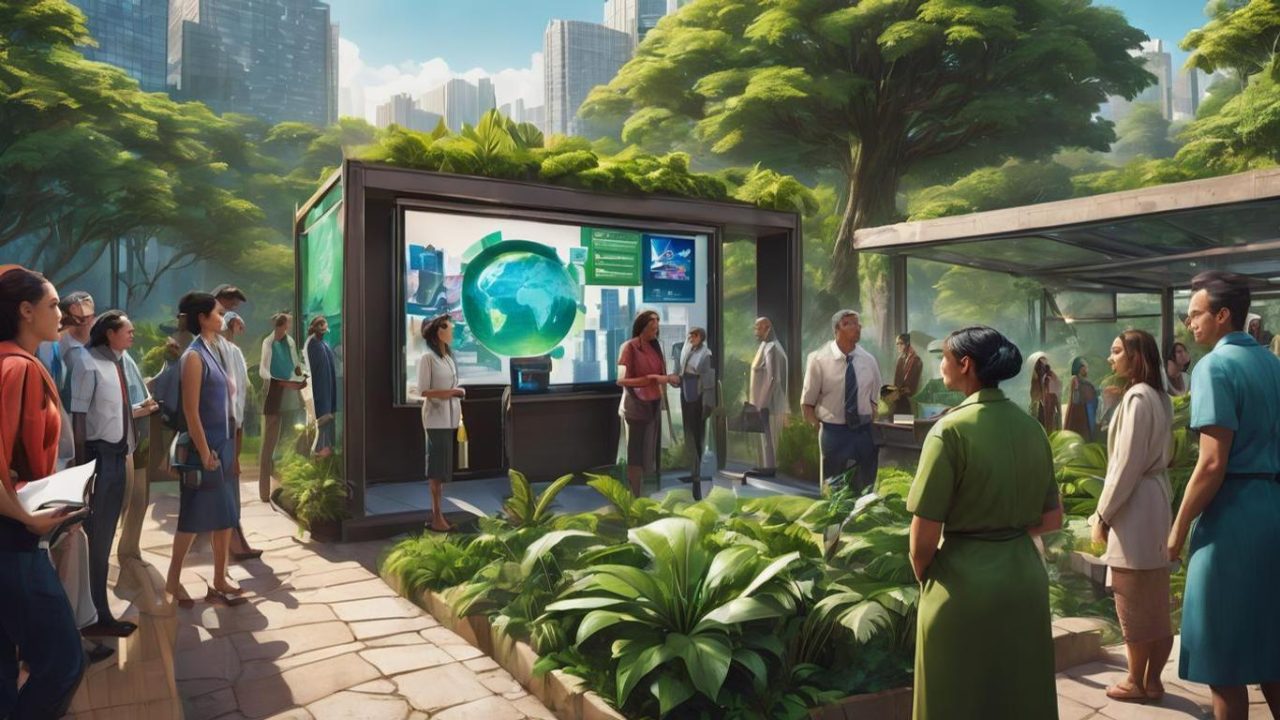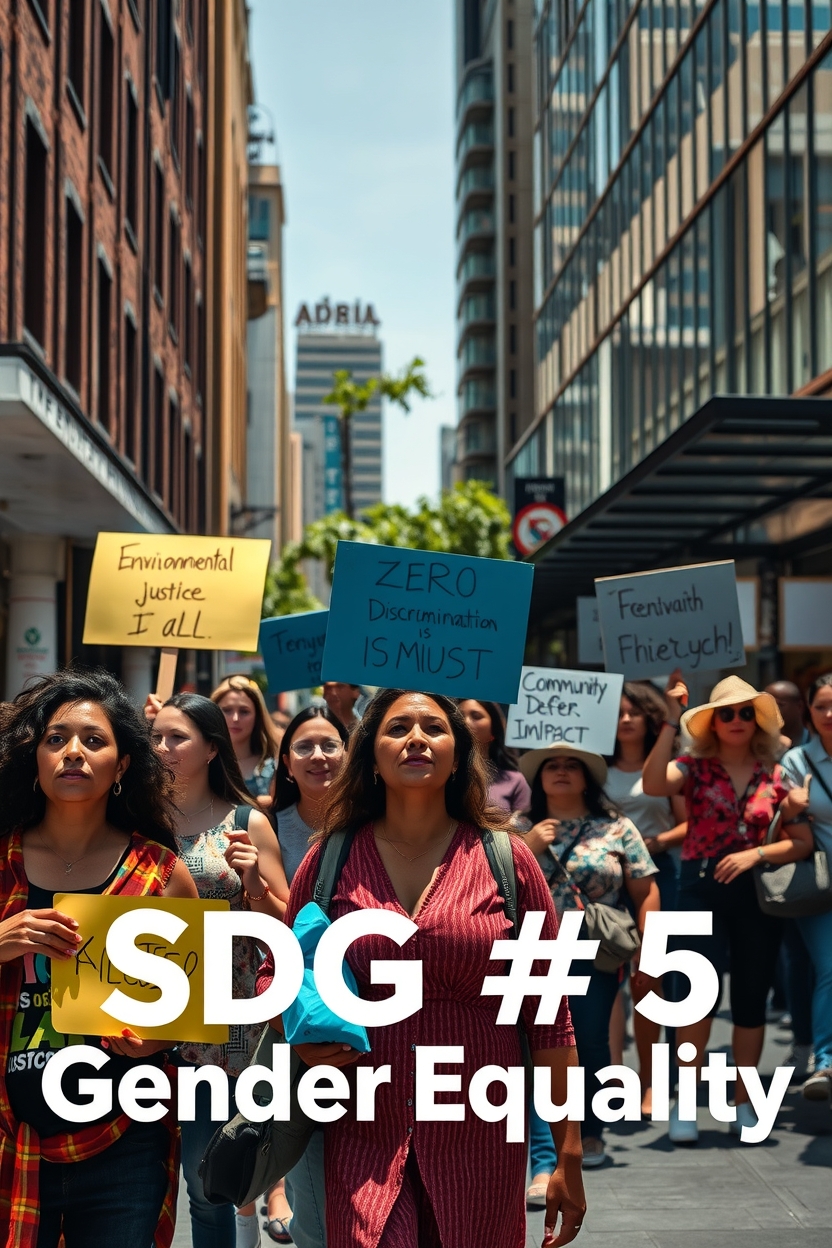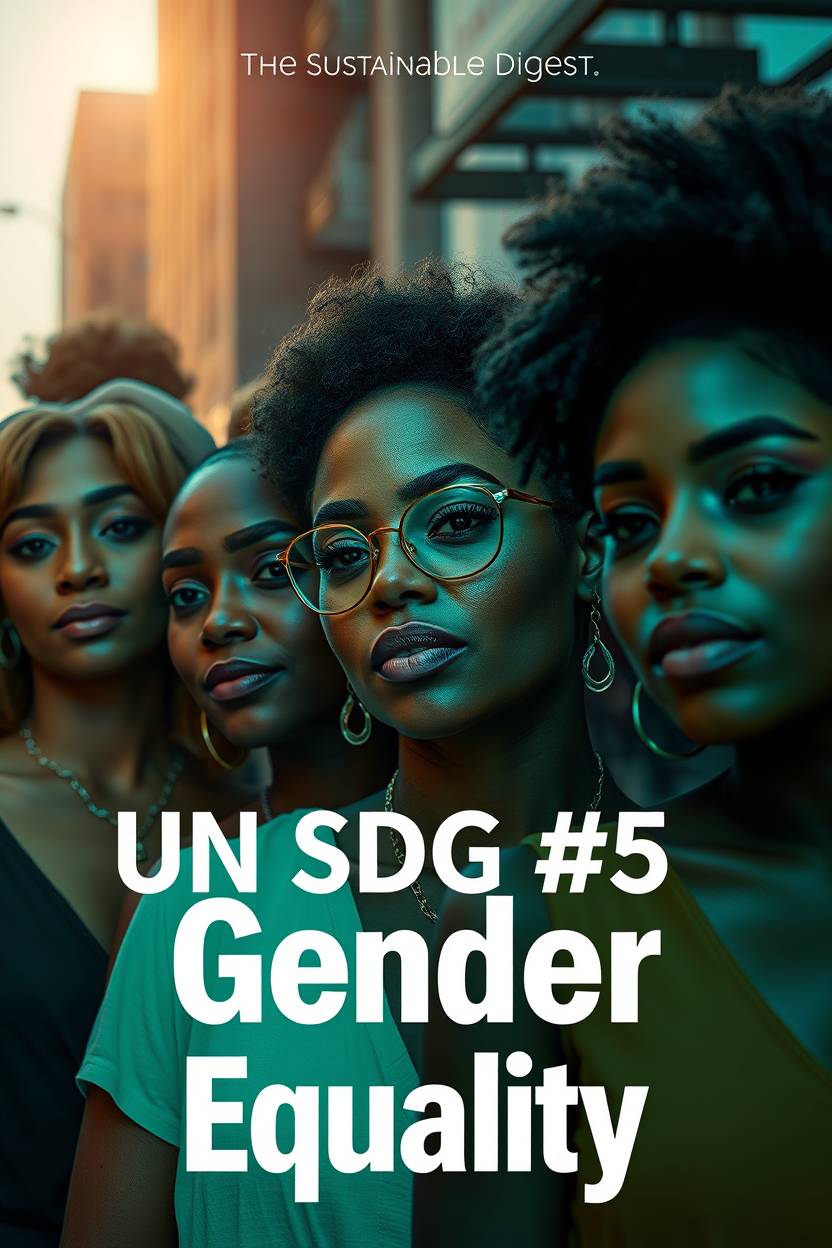
Looking back at 2025 Women’s History Month, we see big steps forward in gender equality. This month is a key time to celebrate women’s wins and push for equal rights. The UN International Days in March 2025 also boost these efforts, linking them to sustainable development goals.

The link between Women’s History Month and the 2030 UN Sustainable Development Goals is key. It brings a fresh focus toward women’s roles in creating a fairer, greener future. From local actions to global policies, these efforts are changing the world.
Women’s History Month 2025 is a essential moment in the fight for gender equality and overall awareness. It has grown from minor events to a global celebration. Now, it honors women’s achievements and supports women’s empowerment worldwide.
Historical Significance of Women’s History Month 2025
Evolution of Women’s History Month Celebrations
Women’s History Month is constantly evolving thus, its changed a lot since it started. It has grown from local events to global United Nations observances. In 2025, digital platforms will share the stories of famous women with people everywhere.
Key Milestones in Women’s Rights Movement
The women’s rights movement has made big steps forward. Women have gained the right to vote and fight for equality in the workplace. They have made important progress in many areas.
| Year | Milestone | Impact |
|---|---|---|
| 1920 | Women’s Suffrage in USA | Political empowerment |
| 1963 | Equal Pay Act | Workplace equality |
| 1972 | Title IX | Educational opportunities |
| 2021 | First female US Vice President | Political leadership |

Global Impact on Gender Equality Initiatives
Women’s History Month has sparked global efforts for gender equality. International groups now focus on empowering women. They see it as key to lasting development and social progress.
2025 Women’s History Month, March UN international Days, and SDGs in retrospect
The 2025 Women’s History Month is a key moment for gender equality worldwide. It ties in with March 2025 UN international Days. This creates a firm push for women’s rights and global sustainability.
Women’s History Month 2025 shows great strides in gender equality. It celebrates women’s roles in science, politics, and social justice. The month brings to light the voices often left out of history books.
March 2025 UN international Days add to Women’s History Month’s themes. These days focus on global issues that affect women. Key dates include International Women’s Day on March 8th and World Water Day on March 22nd.
The 2030 UNSDGs look back at Women’s History Month. We see progress in education and jobs for women. But, there’s still work to do in politics and economic equality.
| SDG | Progress | Challenges |
|---|---|---|
| Gender Equality | Increased education access | Wage gap persistence |
| Clean Water | Improved sanitation | Water scarcity in rural areas |
| Climate Action | More women in green jobs | Unequal climate change impact |
Global sustainability goals and women’s empowerment go hand in hand. Women are leading in climate solutions and sustainable projects. Their role is essential for lasting environmental and social change.
Notable Women Leaders Shaping Global Sustainability
Women across the world have been leading the way both toward and within global sustainability for a long time. They have made big steps in environmental leadership and sustainable development. Their work has helped push for gender equality and meet global sustainability goals.

Women in Environmental Leadership
Women in history have set the stage for future leaders. Wangari Maathai started the Green Belt Movement, encouraging millions to plant trees in Africa. Her efforts not only fought deforestation but also empowered women through green practices.
Female Pioneers in Sustainable Development
Christiana Figueres was key in the Paris Agreement, showing women’s impact on global sustainability. Jane Goodall’s research on chimpanzees has led to conservation efforts globally. Her work shows the connection between protecting the environment and sustainable development.
Gender-Responsive Climate Action
Women leaders are pushing for climate action that considers gender. Vandana Shiva fights for biodiversity and farmers’ rights in India. She stresses the need for women’s views in climate strategies.
- Promoting women’s participation in decision-making processes
- Addressing gender-specific impacts of climate change
- Integrating gender equality into climate policies
These women continue to inspire and push for a better, more sustainable future. Their work shows how crucial gender equality is for achieving global sustainability goals.

March 2025 UN International Days Calendar
The United Nations has several important days in March 2025. These focus on global issues and human rights. They aim to raise awareness and take action on key topics worldwide.
Zero Discrimination Day
On March 1, Zero Discrimination Day (UNAIDS) works to end all discrimination. In 2025, there will be:
- Social media campaigns with personal stories
- Educational workshops in schools and workplaces
- Community events celebrating diversity
International Women’s Day
March 8 was International Women’s Day. It celebrates women’s achievements and fights for gender equality. In 2025, there will be:
- Virtual conferences with influential female leaders
- Marches and rallies in major cities
- Art exhibitions showcasing women artists
World Water Day
World Water Day was on March 22. It highlights the importance of freshwater. In 2025, there will be:
- Beach and river cleanup projects
- Water-saving technology demonstrations
- Educational programs on sustainable water use
| UN Day | Date | Key Focus |
|---|---|---|
| Zero Discrimination Day | March 1 | Ending discrimination |
| International Women’s Day | March 8 | Gender equality |
| World Water Day | March 22 | Freshwater conservation |

Gender Equality Progress in SDG Implementation
The 2030 UNSDGs show big steps forward in gender equality. As we near the halfway mark of the Sustainable Development Goals, it’s key to look at how far we’ve come. We’re focusing on achieving gender parity in the global sustainability goals.

SDG 5, which deals with gender equality, has made big strides. More women are in national parliaments worldwide. This number has gone up from 19% in 2010 to 26% in 2023. This shows a big push for more women in leadership roles.
Education has played a big role in this change. The gap in primary education has shrunk a lot. Now, 90% of countries have reached gender parity in primary education. This shows how important education is in empowering women and girls.
| SDG Indicator | 2010 | 2023 | Progress |
|---|---|---|---|
| Women in national parliaments | 19% | 26% | +7% |
| Gender parity in primary education | 75% | 90% | +15% |
| Women in managerial positions | 27% | 31% | +4% |

Even with these wins, there’s still work to do. Women’s economic empowerment is a big area for improvement. Women still earn about 20% less than men on average. Closing this gap is key for true gender equality and economic growth.
“Empowering women is not just the right thing to do – it’s the smart thing to do. Gender equality is a prerequisite for meeting our global sustainability goals,” stated UN Women Executive Director Sima Bahous.
Reflecting on Women’s History Month, we see progress but know we must keep going. Achieving gender equality in the SDG framework will take ongoing effort. We need to keep pushing forward with new ideas, policies, and teamwork across all parts of society.

Commemorative Events and Global Observances
Women’s History Month 2025 is filled with events celebrating women’s empowerment. These events are on both virtual platforms and in-person gatherings. They offer many ways to get involved and learn.
Virtual and In-Person Celebrations
Online forums host global talks on women’s rights. Across the U.S., cities plan marches and rallies. Museums also have special exhibits on women’s achievements.
Educational Programs and Workshops
Universities offer free online courses on gender studies. Local libraries host book clubs with women authors. STEM organizations run workshops to inspire girls in science and technology.
Community Engagement Activities
Volunteer programs support women-led businesses. The International Day of Happiness focuses on mental health for women. Communities also hold events for the International Day for the Elimination of Racial Discrimination, tackling women’s rights and intersectionality.
| Event Type | Virtual | In-Person |
|---|---|---|
| Panel Discussions | Global webinars | Local town halls |
| Workshops | Online skill-sharing | Hands-on training |
| Cultural Celebrations | Virtual art exhibitions | Community festivals |
Intersectionality of Women’s Rights and Environmental Justice
Women’s rights and environmental justice are closely linked. This is seen when we look at how climate change affects women. Also, how gender-responsive policies help meet global sustainability goals.
Climate Change Impact on Women
Climate change hits women harder than men. In many places, women grow food and collect water. As droughts and disasters rise, women struggle more to do these jobs.
The World Day for Glaciers shows how melting ice caps lead to water shortages. Women often have to find solutions to this problem.

Gender-Responsive Environmental Policies
Gender equality is key in making environmental policies better. The International Day of Forests celebrates women’s work in saving forests and managing resources. Including women in planning helps us fight climate change better.
- Promote women’s leadership in environmental projects
- Ensure equal access to resources and training
- Incorporate women’s knowledge in conservation efforts
Seeing the connection between women’s rights, and environmental justice helps us reach our global goals. This way, we empower women and fight climate change together.

Progress Towards 2030 Sustainable Development Goals
As we look back at Women’s History Month, it’s important to see how far we’ve come. The world has made big steps towards gender equality and sustainable development. This progress is conducive to a better future.
Gender Equality Achievements
There have been huge wins in gender equality. More girls are going to school, and women are getting into politics. Workplace bias is also going down. These changes help us reach our global goals.
| Area | Achievement | Impact |
|---|---|---|
| Education | 91% of girls enrolled in primary education | Improved literacy and career opportunities |
| Politics | 26% of national parliament seats held by women | Enhanced representation in decision-making |
| Economy | 49% of women in the global workforce | Increased economic independence and growth |

Remaining Challenges and Opportunities
Even with progress, we still face big hurdles. Women struggle to get into leadership, earn equal pay, and get good healthcare. These problems offer chances for new ideas and more effort towards our goals.
By tackling these issues, we can move faster towards equality. Working together, we can make the world more just by 2030.
International Year of Cooperatives Impact on Women’s Empowerment
The 2025 International Year of Cooperatives is a big deal for women’s empowerment and gender equality. It fits perfectly with the 2025 Women’s History Month. This year, we see how cooperatives help women gain rights and financial freedom.
Cooperatives are key for women’s empowerment. They offer chances for leadership, financial security, and community growth. In rural areas, women-led agricultural cooperatives boost local economies. They help female farmers get to markets, share resources, and negotiate better prices.
The effect of cooperatives on women’s empowerment is seen in many areas:
- Financial cooperatives give women access to credit and savings
- Consumer cooperatives offer affordable goods and services
- Housing cooperatives provide safe and stable homes
These models empower women economically and build their leadership and decision-making skills. Celebrating the International Year of Cooperatives shows how important these groups are for gender equality and sustainable development.
The connection between cooperatives and women’s empowerment has a big impact. It encourages more women to control their economic futures. This shows why we should support and grow cooperative models to help achieve gender equality worldwide.

Conclusion
The 2025 Women’s History Month was a key moment in the fight for gender equality. It showed how far we’ve come in women’s rights, but also the work still to be done. The month tied in with UN goals and global sustainability, showing how important gender equality is for everyone.
In March 2025, we saw a big push for recognizing women’s roles in society. From local efforts to big policy changes, Women’s History Month made a big impact worldwide. It showed how vital women are in creating a fair and green future for us all.
Looking back, we see that achieving true gender equality is a long-term effort. The 2025 Women’s History Month reminded us that together, we can make progress. Now, we must keep this momentum going, making sure gender equality stays a top priority in our world.

Key Takeaways
- 2025 Women’s History Month highlights progress in gender equality
- March 2025 UN International Days align with women’s rights initiatives
- SDGs play a vital role in advancing global gender equality efforts
- Intersection of women’s rights and sustainable development gains focus
- Grassroots movements to international policies drive societal change

